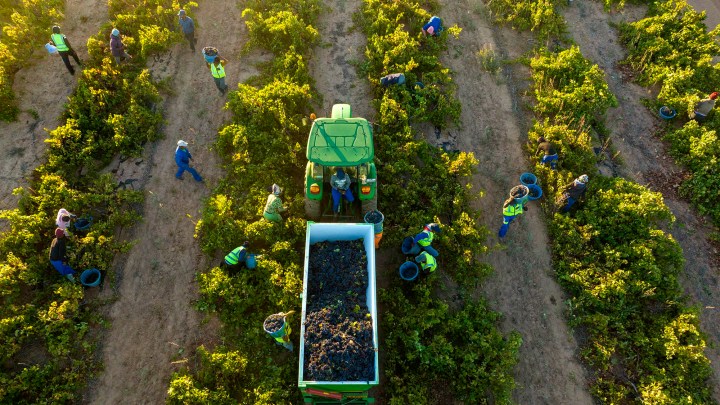FRESH PRODUCE MARKET INQUIRY
Competition Commission to scrutinise basic food price-gouging during Covid pandemic

The Competition Commission’s records show that, of 1,254 excessive pricing investigations related to Covid-19, at least 713 involved basic food and fresh produce.
The Competition Commission this week published the final terms of reference for the Fresh Produce Market Inquiry, following public consultations with the industry on the draft terms of reference published in March last year.
By law, the commission must publish the terms of reference in the Government Gazette announcing the establishment of the inquiry at least 20 business days before the inquiry commences. The investigation aims to determine whether there are any features in the fresh produce value chain that impede, restrict or distort competition in the market.
An Essential Food Price Monitoring report published by the commission in 2021 found that although large farms make up just 6.5% of all farms in South Africa, they accounted for 67% of total income in 2017/18.
The study further revealed that there has been a significant reduction (31%) in the number of farming units over more than two decades, with just under 58,000 farming units in 1993 and slightly more than 40,000 in 2017. Using potatoes as an example, the study showed that there was a 65% drop in the number of potato farmers between 1993 and 2008 and a gradual decline since then to 532 farmers in 2017, a trend that is consistent with the total decline in the number of farmers in South Africa.
Visit Daily Maverick’s home page for more news, analysis and investigations
The report highlighted that the sharp decline in the number of commercial farms was indicative of the difficulties smaller farmers face in reaching the necessary economies of scale to decrease costs and maintain profitability.
The commission’s records show that, of 1,254 excessive-pricing investigations related to Covid-19, at least 713 involved basic food and fresh produce. Of these, 391 investigations related to basic food products and a further 322 related to ginger and garlic, for which significant price increases (some of more than 300%) were observed during the second wave of Covid-19 in late 2020 and early 2021. This shows the importance of fresh produce, but at the same time, the potential for abusive conduct when market circumstances change.
In another example, onions underwent a whopping 97% price increase year on year in November. A 10kg bag of onions that would have cost R63.39 in November 2021 cost almost double that (R125.08) in November 2022, according to the Pietermaritzburg Economic Justice & Dignity Group’s Household Affordability Index for November.
The inquiry will focus on particular issues at each layer of the value chain. Specifically, the scope of the inquiry will cover aspects from the sale of fresh produce by the farmer to the customer (the retailer, processor or export market).
Siyabulela Makunga, the Competition Commission’s spokesperson, says three themes that have been identified are:
- The efficiency of the value chain, with an emphasis on the dynamics around fresh produce market facilities. This theme stems from concerns that the value chain is inefficient and uncompetitive. A specific focus will be on the competition dynamics and other contracting means (such as direct contracting by processors, wholesalers and retailers) which affect competitive dynamics.
- The market dynamics of key inputs and their impact on producers. Specific aspects relating to key inputs, such as seeds, fertiliser and agrochemicals, that will be considered under this theme are concentration levels, price discrimination, buyer power and exclusivity. This theme is focused on the upper end of the production value chain.
- The barriers to entry, expansion, and participation. Special consideration will be given to the barriers faced by small, medium, and micro-enterprises and firms owned or controlled by historically disadvantaged persons. This may include consideration of specific pieces of legislation and the work of other regulatory/governmental bodies within the scope of the inquiry.
The inquiry will be chaired by the Competition Commission’s deputy commissioner, Hardin Ratshisusu. DM/BM

















Comments - Please login in order to comment.